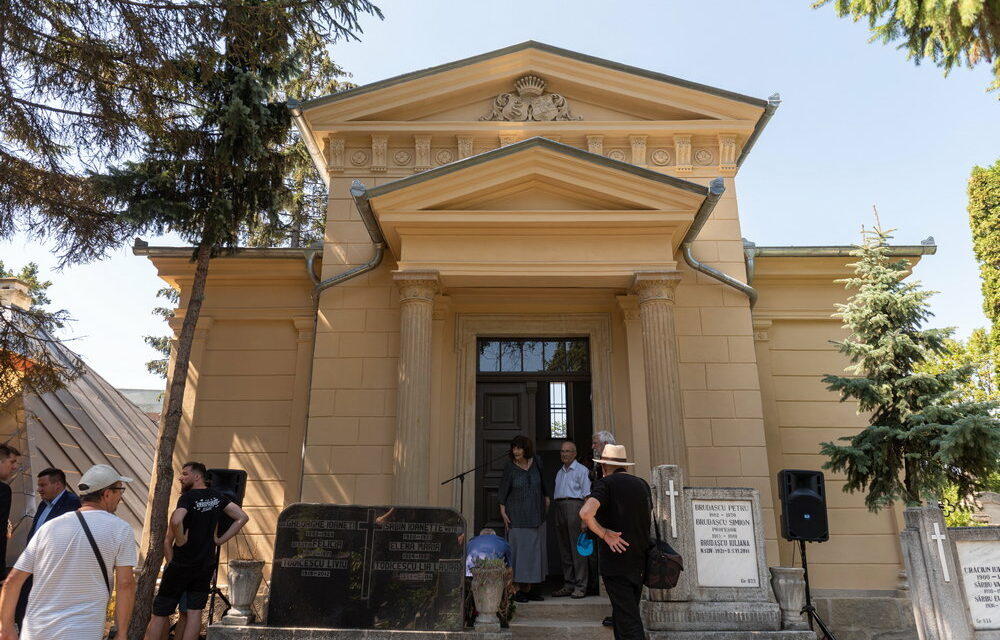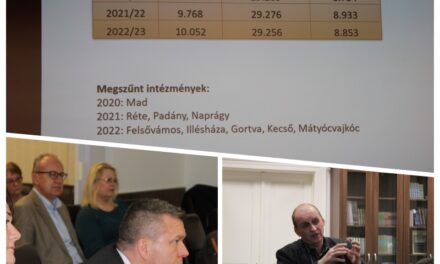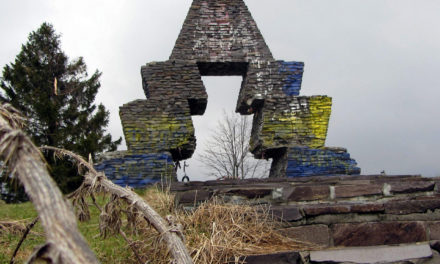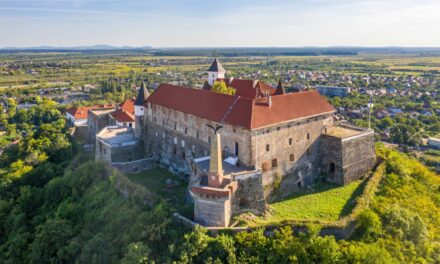The Bethlen crypt, renovated with the support of the Hungarian state, was handed over in the Házsongárd cemetery in Cluj on Friday.
Béla Kató , the bishop of the Transylvanian Reformed Church District (EREK), quoted the Old Testament story in his sermon in front of the crypt, according to which Moses made the Jews fleeing Egypt swear that they would take with them the bones of their forefather Joseph.
"That's why we have to carry the bones of Béla Bethlen with us, because if we don't have such role models, then we, to whom God has given us happiness today and gave us the opportunity to do more, can't stay."
said the bishop.
As he recalled, Béla Bethlen did not become shunned or misanthropic even after the communist state deprived him of all his property and imprisoned him. He took note of his unworthy position with modest calm even when, after his release, he supported himself by manual labor and lived in miserable conditions. He enjoyed the fresh air while gardening, and when he worked as a loader, he saw his work as physical exercise. And when the flooding of the Szamos in 1970 also affected his hometown, Bethlen, the excommunicated, impoverished count sent a thousand lei from Cluj to the needy in Bethlen.
Péter Szilágyi , Deputy State Secretary of the Prime Minister's Office, warned in his speech that "we can only keep what is ours if we insist on it". Béla Bethlen offered his view of life to the attention of the audience.
"If not us, then who will preserve our more than a thousand-year-old roots here in the Carpathian Basin?"
- he quoted the thought of the Transylvanian aristocrat.
He believed that the key to the survival of Hungarians, as it has been so far, lies in cross-border togetherness. He wanted Béla Bethlen's life to be a reference point and standard for today's decisions, "so that we can remain human in these inhumane times."
The crypt of the Bethlen branch of the Bethlen family was built in 1884, and countless members of the count family were buried there. The dilapidated monument building was renovated by the Házsongárd Foundation with a HUF 30 million grant from the Hungarian state. The blessing of the crypt was attended by many members of the Bethlen family.
As part of the Hungarian Days in Cluj, on Friday morning, Kristóf János Murádin recalled the figure of Béla Bethlen. The count, who was born in 1888 and died in 1979, chose to stay in Transylvania at three important turning points in his life. After the return of Northern Transylvania to Hungary in 1940, he was appointed chief steward of the Romanian-majority counties of Beszterce-Naszód and Szolnok-Doboka. After the German occupation of Hungary on March 19, 1944, he resigned from his positions, but on September 1, 1944, on behalf of the Lakatos government, he still assumed the position of civilian government commissioner of Northern Transylvania. In this capacity, he devoted all his energy to ensuring that the passage of the Soviet front caused as little damage as possible in Transylvania.
The Communist People's Court sentenced him to five years in prison in a show trial in 1945, but after the count refused to leave for Hungary, he was kept in the cruelest prisons for another three years without a verdict. Béla Bethlen was rehabilitated in 1959 by a Romanian court.
MTI
Front page image: The Bethlen crypt renovated with the support of the Hungarian state in the Házsongárd cemetery in Cluj on the day of the handover, August 19, 2022.
MTI/Gábor Kiss












